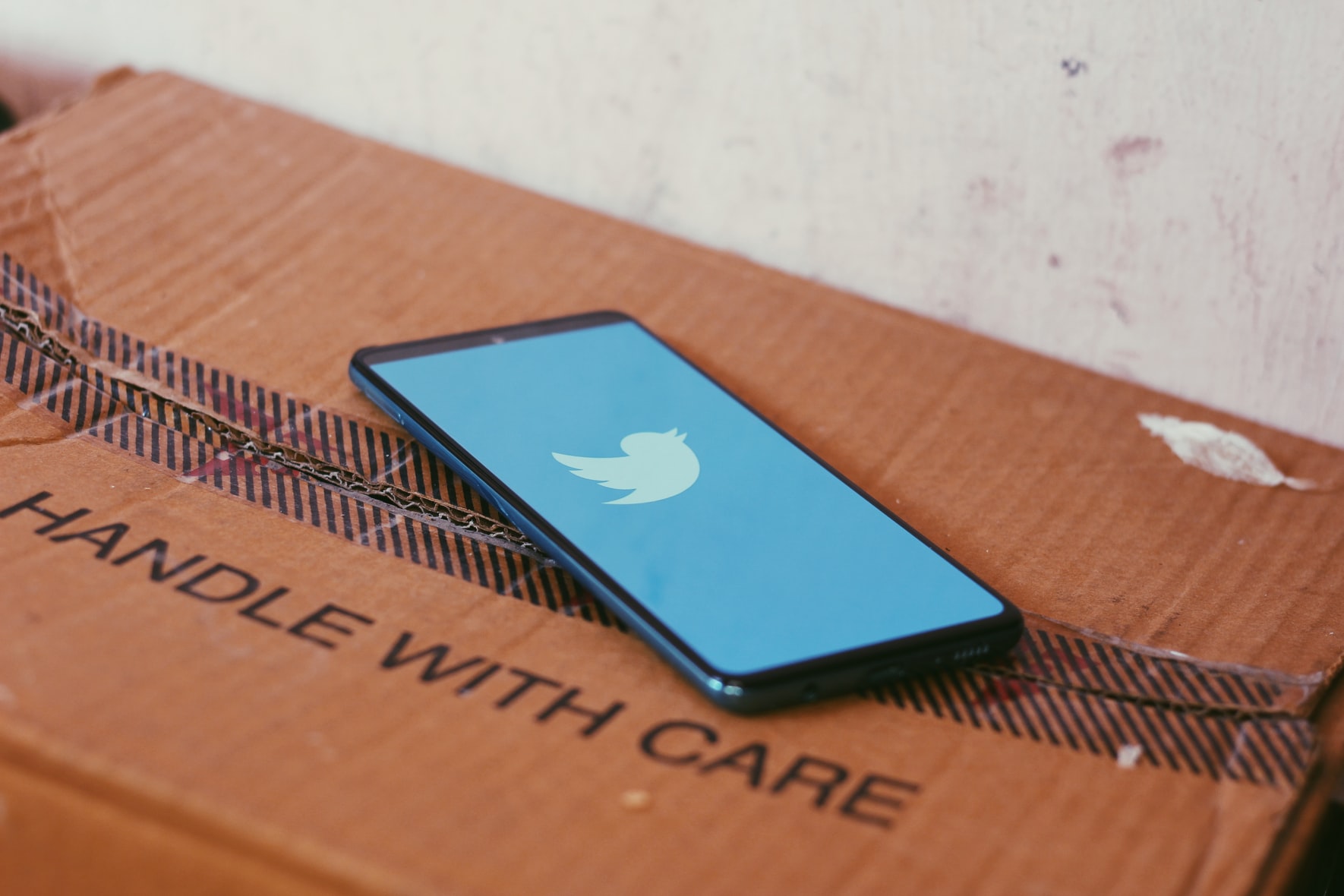What is media literacy?
“Media literacy” refers to the medium of delivering messages (print, graphics, animation, audio, video, Web sites, and so on), the crafting of the message for a particular medium—the graphic “look and feel” of a Web site, for example, and the impacts the media message has on audiences. This is the definition of media literacy according to Trilling & Fadel (2009). It’s a very heavy definition which really means the study of media, or the areas media covers and its impact on the audiences.
Why is it important?
This is very crucial for us to understand because it’s the 21st century and everyone in the world has some form of media literacy and expresses their opinions based on them. Understanding and studying this helps us to deeply understand what the world is saying and how we can contribute to this sector. It’s a very changing sector where every day might seem like something new might happen and it’s fast-paced (in how the world is evolving at an exponential rate).
Why is it dismissed?
As mentioned before that Media Literacy is very volatile and fast-paced and there is a lot of speculation about everything on media. This makes a lot of people think that why should they trust it at all. That’s the reason, a lot of times it’s dismissed. People have become so creative that even if the information is a bit incorrect, they have more data and evidence to make it credible leading audiences in a false trap of information. But this is exactly why media literacy is so important and should be taught to everyone so they can point out the correct information from the big media chunk.
Why should you aim for varied views but the factual consensus in your PLN?
We should aim for varied views always because as said previously there is a lot of false information flowing around. This is exactly why we should look at lots of different areas and views before actually going on something concrete. However, once we make up our opinions, it’s most important that we can back up that with some factual academic knowledge and not just be another area of fake information floating around the internet.
References
Miller, Jesse. (2021). EDCI 338- MEDIA LITERACY with JULIE SMITH. YouTube. https://www.youtube.com/watch?v=57r3-aEnci0&ab_channel=MILLER
Trilling, B & Fadel, C (2012). Digital Literacy Skills . Media Literacy Chapter 4 pp.66. https://learning-oreilly-com.ezproxy.library.uvic.ca/library/view/21st-century-skills/9780470475386/fade_9780470475386_oeb_c04_r1.html


